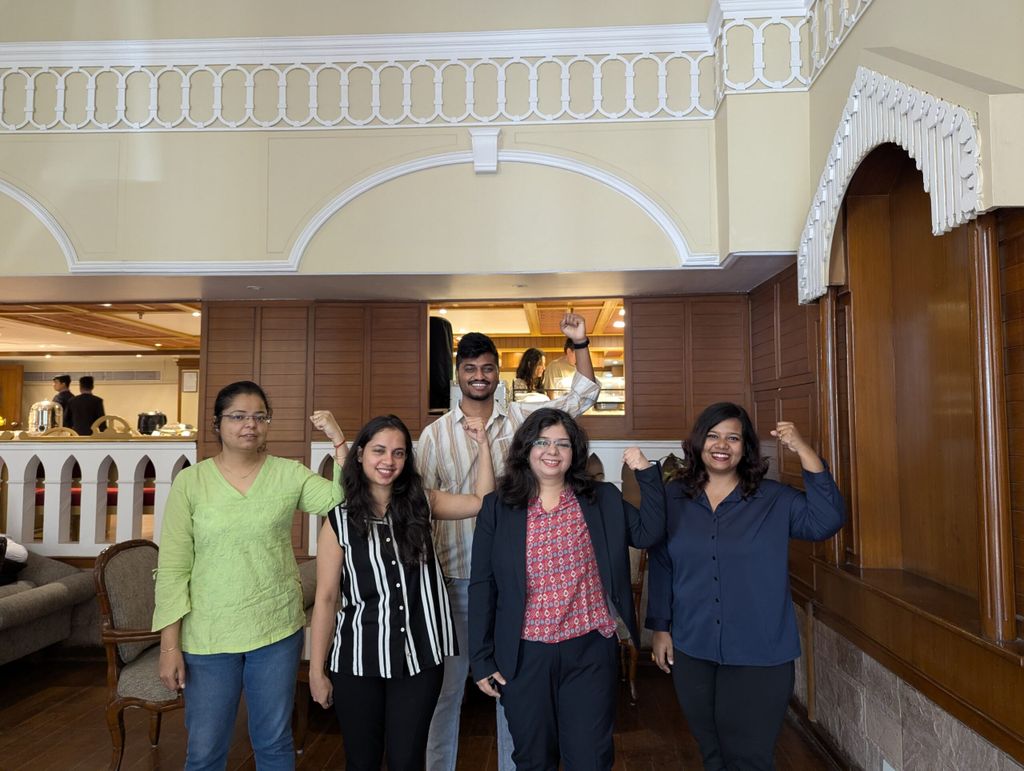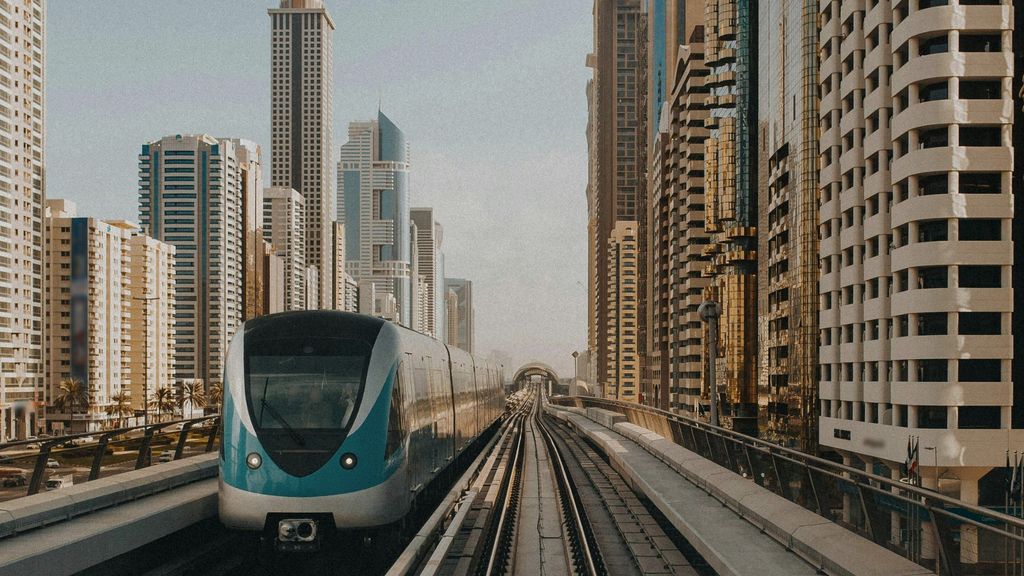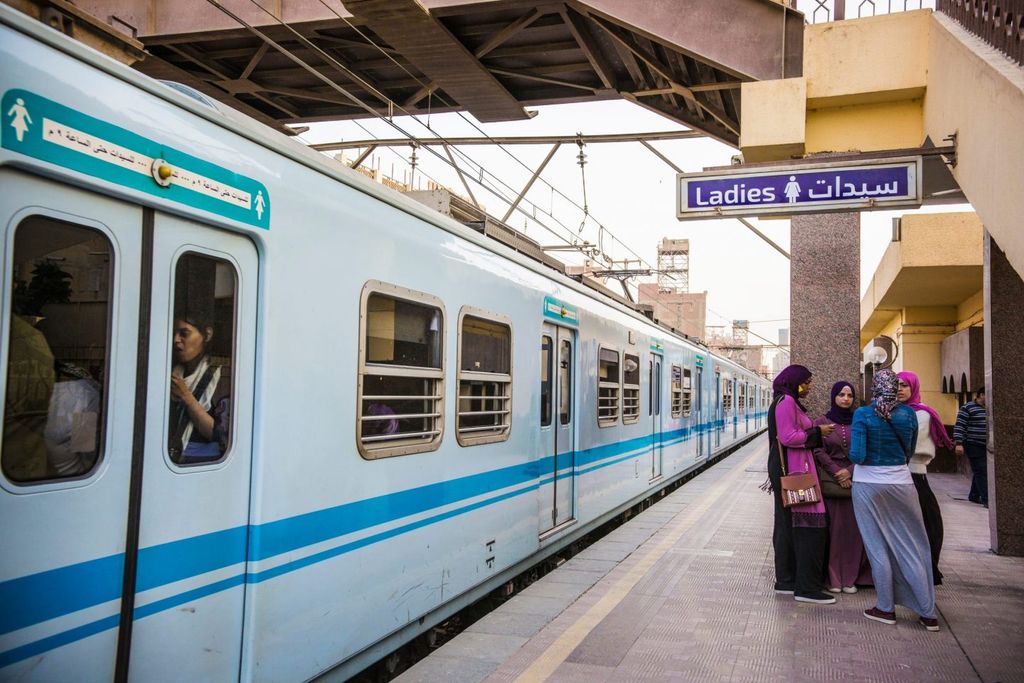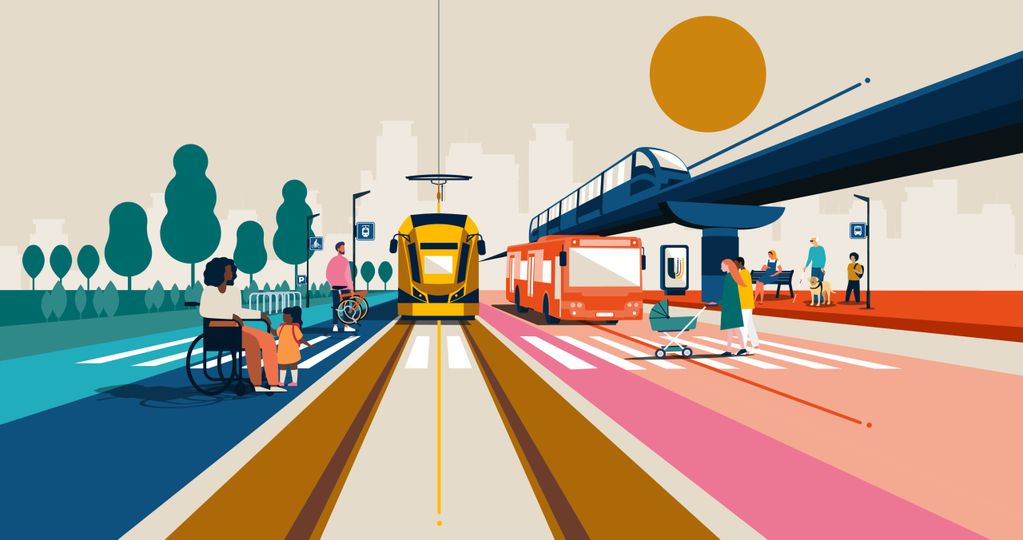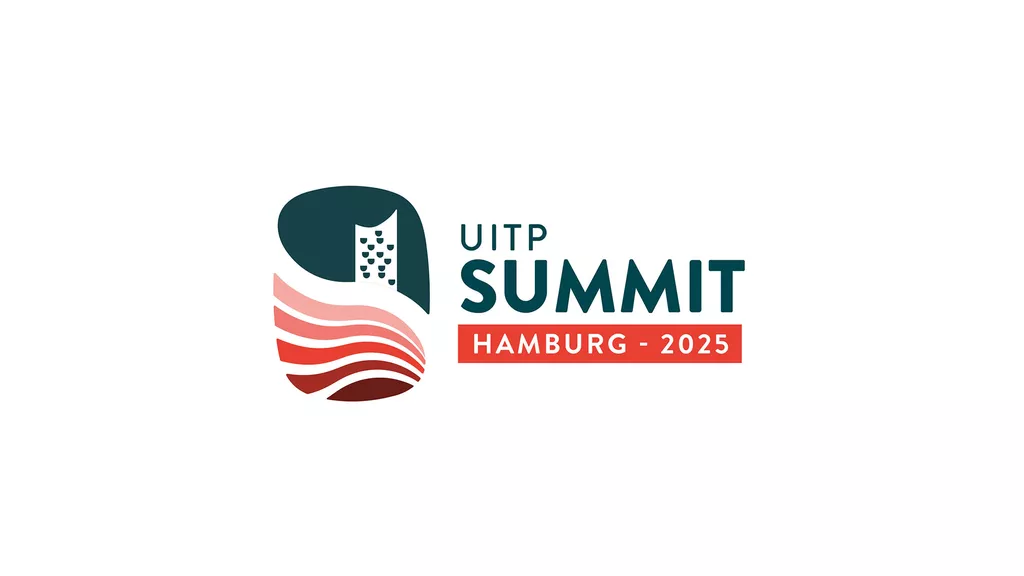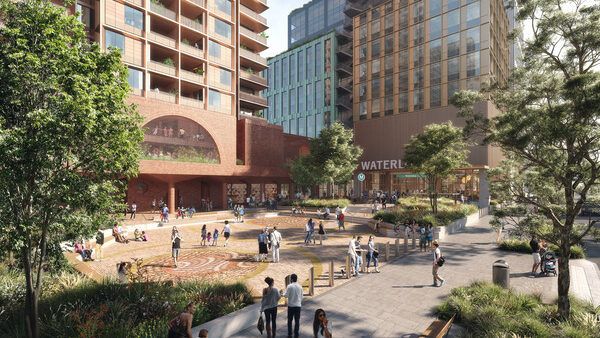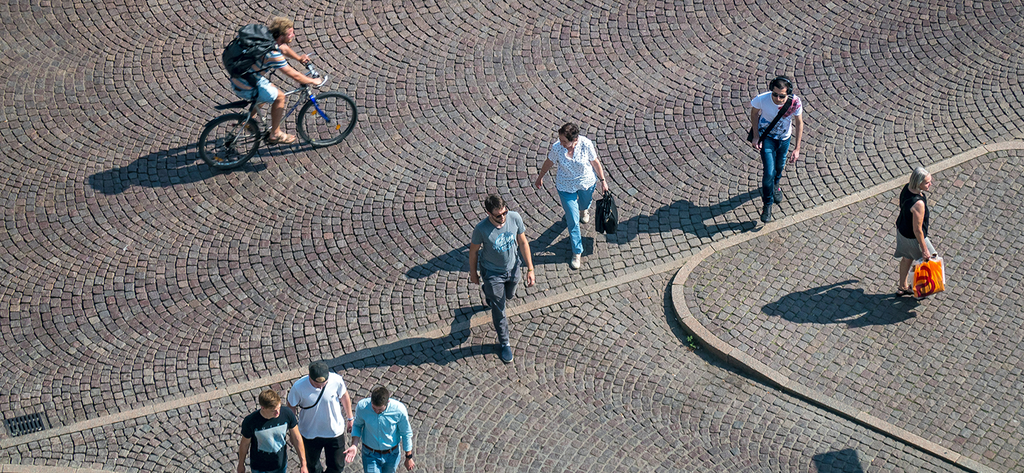
Forging better connections during the European Mobility Week
The European Mobility Week will run from 16-22 September…
This year’s theme reflects the need to reconnect people with each other after several months of isolation, restrictions, and limitations. Public transport and active modes such as walking and cycling are crucial for connecting people and cities, travelling safely, and protecting the environment.
Close to 2,500 towns and cities have pledged to participate with awareness-raising activities to advance sustainable urban mobility. In addition, almost 600 businesses, NGOs and schools registered their MOBILITYACTION, campaigning in their own way to promote smart, clean and safe ways of moving in and around cities.
Every year, EUROPEANMOBILITYWEEK culminates in car-free day in many European cities, which sees streets closed to motorised traffic and open to people.
One of key highlight will also be the 2nd edition of the Urban Mobility Days taking place on 20-22 September in Brno in Czech Republic. The event will be the opportunity to discuss key challenges for ‘Moving people and goods more sustainably’. Mohamed Mezghani, our Secretary General, will be one of keynote speaker of the first plenary session. We will also use this opportunity to highlight the many benefits of public transport for people, cities and the planet in a dedicated stand based on our campaign launched last year.
Many cities are planning to organise inspiring activities to promote public transport and active modes for better connecting people and places along the Week. Let’s have a look!
The city hosting the next UITP Summit will lead the Mobility Week by organising plenty of activities under the slogan ‘Combine and get moving’ putting the focus on inter-modality.
It will start with the ‘Park(ing) Day’ on 16 September, a day where public parking spaces will be transformed into parks, gardens and other kinds of public areas. City residents will also have the opportunity to visit facilities and services that are working towards sustainable mobility, including the City Council’s Traffic Control Centre, the TRAM depot, Renfe’s training centre for train drivers, the FGC workshops and TMB’s ZAL metro station workshop on 17 and 18 September.
An exhibition of TMB historic buses will also be organised on 17 September for the TMB bus network’s centenary.
The week will conclude on 22 September, with World Car-Free Day. A full set of activities will be organised to show the benefits of a city with traffic calming in place and foster sustainable mobility, prioritising public transport and cycling to move in and around the city. Traffic restrictions will be in place around 76 secondary streets, with workshops, talks, bike rides, games and exhibitions, mostly organised by schools, facilities and entities.
In Bucharest, public transport companies will join forces to organise an exhibition of clean mobility solutions in a Park of the city on 17-18 September.
The city will also give the opportunity to discover behind-the-scenes information about the public transport operators. A Depot will open its doors to present the various tram subassemblies functionalities and offers a tour in one of the vintage carriages. The Museum of the transport company will also open its doors offering a brief insight into the history of public transport in Bucharest.
Several challenges will also be launched such as a quiz about public transport in the Bucharest-Ilfov Region, a photo contest and a competition based on QR codes placed inside public transport vehicles.
Many cities are also organising Bike2Work/Bike2School challenges or mobility challenges for people or teams of players to go to work by bike or sustainable modes of transport. In Gent, they will organise a ‘Strapdag’ on 16 September inviting children to go to walk or bike to school on that day. Schools will make the street at the school gate traffic-free for 1 day and organise extra activities.


